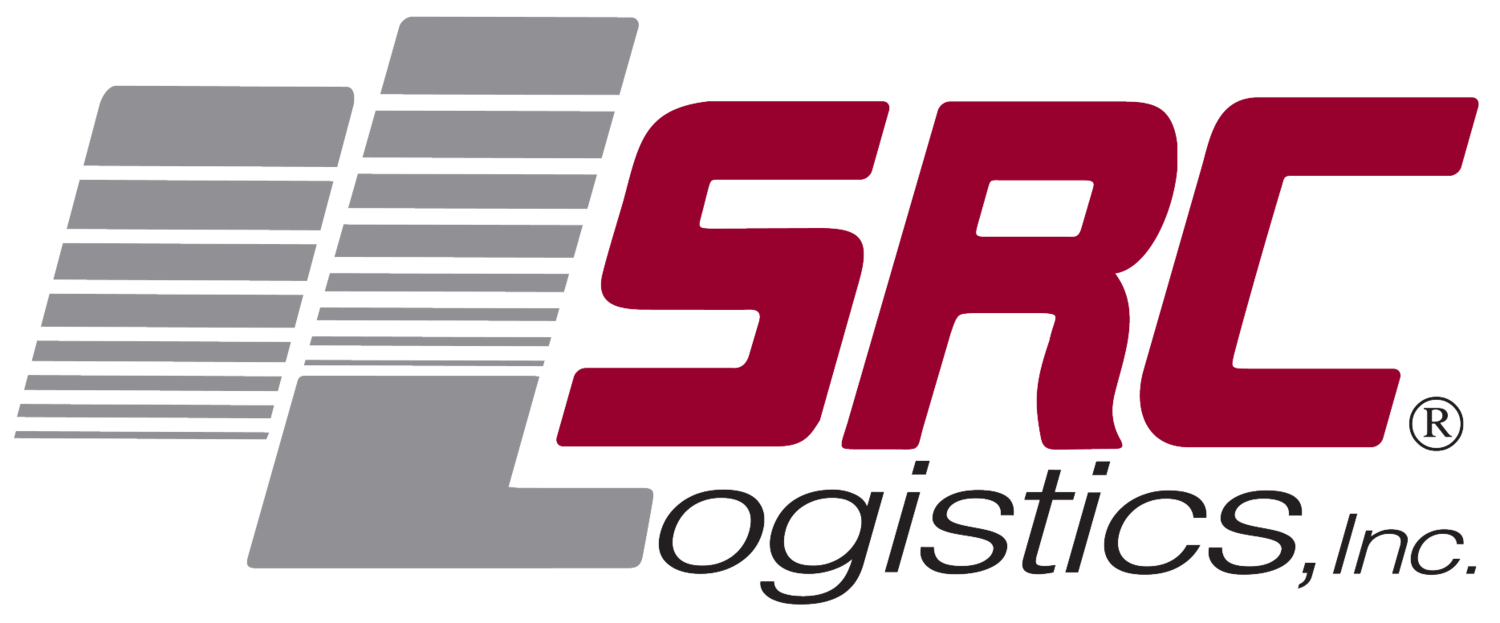On-Demand Shipping Startups Compete to be “Uber of Trucking”
Marijuana delivery, private jet leasing, healthcare — there seems to be an “Uber of” everything in the burgeoning world of on-demand services. So it shouldn’t be a surprise that the term “Uber of trucking” is gaining traction.
Several companies — including Convoy, Cargomatic and TugForce — are pushing to become the first successful on-demand trucking company, taking aim at traditional brokerages and so-called load boards that connect drivers and small trucking firms with retailers and manufacturers looking for shipping services.
Big-name financiers including Amazon’s Jeff Bezos, eBay founder Pierre Omidyar and Expedia Chief Executive Dara Khosrowshahi have decided that there’s an opportunity for launching Uber-style on-demand services for goods rather than people.
But whether these are truly disruptive businesses that will transform the industry in the same way that ride-hailing firms are affecting taxi and short-term car rental services remains a question, analysts said.
“It just seems like there is interest because being ‘Uber-like’ is sexier than saying that you are a truck freight broker,” said Bob Costello, chief economist at the American Trucking Associations.
On-demand trucking firms may well find a niche serving regional or short-haul routes, said Matt Young, an analyst at Morningstar in Chicago.
Companies that aren’t happy with traditional brokers and independent trucking firms may be open to new ways of finding shippers, he said.
“There could be a niche for it in regional freight, where they’re not dealing with as long a time frame or distance — maybe 50 miles or less, where there’s less of a chance of damage or late delivery,” Young said.
But building this business model will take time and money, he said.
The on-demand services generally work by connecting drivers seeking loads with companies looking to move goods. These Ubers of trucking act as intermediaries, essentially replacing traditional brokerages that do the same job. Their claim is that they’ll provide the same services, just more efficiently and in a more technologically advanced manner.
Investors seem to agree.
Seattle-based Convoy Inc. has raised almost $20 million in two rounds of investments from big-name financiers including Bezos, Omidyar and Khosrowshahi.
A need for efficiency is behind the proliferation of on-demand trucking services, the founders of Convoy, Cargomatic and TugForce all say.
The need for a more transparent system is another reason the companies were started, said Jonathan Kessler, co-founder and chief executive of Cargomatic Inc., a Venice, Calif., company that operates in Los Angeles, New York and San Francisco.
“On-demand is only a small part of what shippers are looking for,” Kessler said. “They want transparency into the shipment process, and they want to be able to communicate with the carrier in a more efficient manner.”
Reduced capacity within the trucking industry, created in part by chronic driver shortages and stricter safety regulations, may mean that many companies will seek to outsource transportation functions to third parties, Kessler said.
“A challenge is how to execute on the expectations of consumers today,” he said. “They want their goods within two hours. This causes strain on the entire supply chain. We have to continue to innovate and use technology to make our current infrastructure more efficient.”
Not everybody is convinced that these on-demand companies will offer anything new, other than a 21st century spin on what large brokerages have done for decades.
It’s not as simple as starting a website, finding truckers and shippers, and connecting them. Billing, tracking and tracing are among the services that traditional brokerages provide,Morningstar’s Young said.
“There’s a lot of hand-holding going on,” he said. “A lot of that has to be handled by phone calls, so it doesn’t necessarily lend itself to a pure linkup on a website, Uber-style.”
Young said he doesn’t foresee these services all of a sudden usurping traditional brokers.
“And if that did happen,” he said, “the brokerage industry wouldn’t stand by and sit still.”
Indeed, not everything is coming up roses. Cargomatic, founded in 2013, earlier this month laid off about half its staff, or 50 to 60 workers.
“Key to growing a successful company is knowing where to staff appropriately at different growth phases. Sometimes that means making difficult decisions, and to that end, we recently reduced the size of our marketplace operations and inside sales teams,” Kessler said in a statement to Trucks.com.
Convincing shippers that have been using traditional brokers and load boards for decades to switch to a new, unproven service will be challenging, especially those that may be resistant to technology, said Dan Lewis, co-founder and chief executive of Convoy.
“But not everybody has to shift over, and if the new way is better than the old way, then people using the Uber-for-trucking model will do better than those who don’t,” Lewis said.
Costello of the American Trucking Associations said the organization is watching the upstart services to see what, if anything, they bring to the trucking industry.
“It is unclear what they offer the industry that isn’t already provided by existing brokers, load boards and other similar services,” he said. “This seems like the broker model but with a different platform. I’m struggling to see how this is really different.”
Mohammad Ahsan, founder of New York-based TugForce Inc., said he experienced firsthand the need for on-demand trucking when he owned Century Technologies, which installed automated teller machines and point-of-sale devices in more than 2,000 cities.
Frequent delays to get drivers created problems for the company’s technicians, all of whom were independent contractors, he said. They often had to wait for hours while the equipment they were to install was delivered.
Ahsan set out to find a way to ensure better services for companies seeking shippers.
Uber’s success made it easier to attract investors for such a venture, he said.
“The on-demand thing wasn’t easily understandable for a lot of investors,” Ahsan said. “But now, they’re willing to invest in us because they see how giant it is and know it can work.



